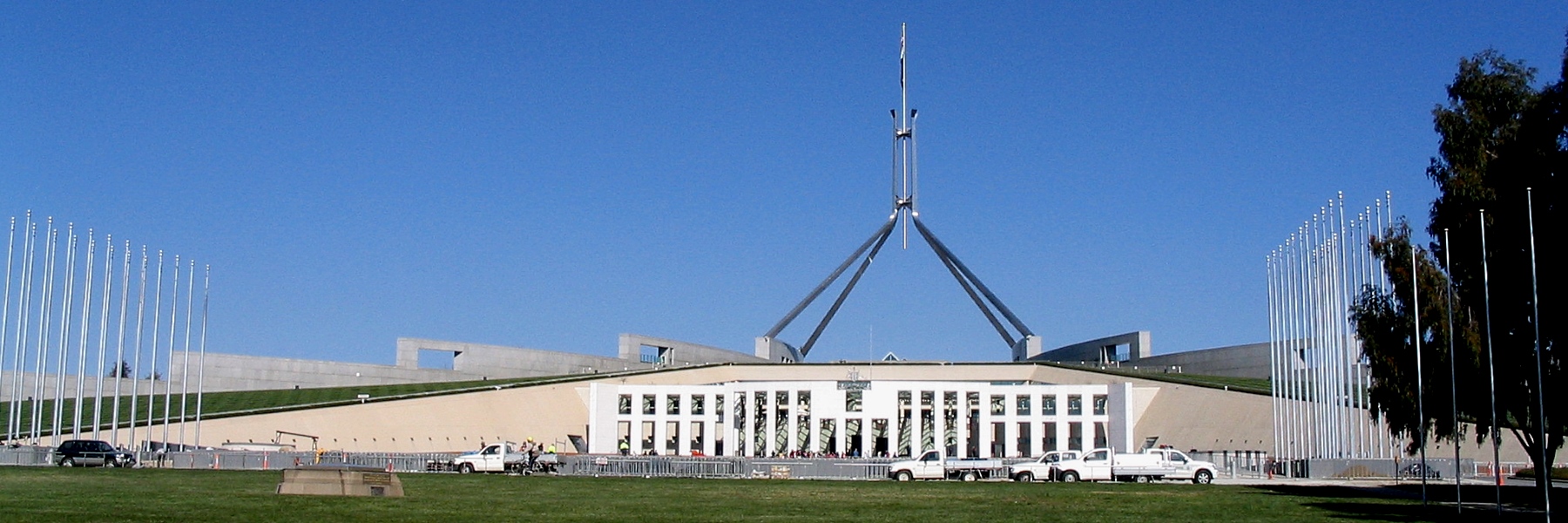Just a quickie…
A senior politician (I won’t say who, or which side) once told me something which, at the time was somewhat surprising to hear, but in retrospect it’s obvious – and puts a lot of things into perspective:
For politicians, the number one priority is to get elected / to get re-elected / to get their side into power.
And this person specifically said that sometimes, the motivation to get elected trumps good policy.
I don’t suppose that it always goes for all politicians, but often, particularly when in opposition, you can see that on show.
You’d hope that more often than not, good policy would actually get them elected, but it’s not always the case.
Of course you can argue that for someone wanting to Do Good, there’s a limit to what they can do without being elected… so of course it could be seen as important.
And no doubt there are some idealist politicians out there who would genuinely risk their popularity or their position in the pursuit of good policy.
But remember, as you watch their actions, and hear their comments and sometimes incredibly overblown rhetoric, that for most politicians, getting elected and staying elected is their number one priority.

8 replies on “What’s the number one priority for politicians, more than anything else? Getting elected.”
They certainly can’t do good things if they are not elected. I just read today that a former SA female Premier (there hasn’t been one. Perhaps it was the appropriate minister) crossed the floor against privatisation of SA’s electricity assets and production. It wasn’t until the third reading of the bill that then state member Nick Xenophon voted against the bill. Some do go out on a limb for what they believe in, but generally your point stands. They do what they have to do to be re-elected.
I was once told by an ex SA premier whom was the opposition leader at the time
“don’t trust any politician don’t trust any of us” I replied well duh, he laughed
It also means that a politician’s time horizon is limited to three or four years. No point in a good outcome happening when they are out of office.
A politician`s time horizon likely includes future terms they are likely to be in government in. A sensible government that thinks it will or could be re-elected will want the good times to keep rolling into the next term.
I think its simply human instinct. We all want a well paid job. We want to remain in that job, and hopefully get promoted. We fear being retrenched. Why do we expect anything different from those that have chosen a political career?
This is an important observation that is often overlooked. It’s interesting to look at how this plays out in the transport space. I think public transport portfolio is particularly affected by this motivation for the following reasons:
As noted investment and planning needs to be long term.
Secondly the follow up ‘software’ of opex funding and service planning doesn’t have the glamour of the big project, resulting in infrastructure not being used effectively due to lack of follow up operational funding. Note that this does not apply to road projects as vehicle operation isn’t the government’s problem. I think this explains the a lot of the eagerness to do road projects over public transport.
Finally, PT is an inherently technical portfolio where a lot of worthwhile things that are counter intuitive at first glance and are hard to explain to a lay audience (say removing circuitous bus routes and making people interchange instead, or taking trains out of the city loop to boost capacity) Someone working on a ‘get elected and stay in office’ basis won’t be too interested in annoying voters in the short term for some theoretical long term outcome.
Which usually means:
If you have an issue and you want change (for or against it), you need to show that politician how that issue will *lose* them votes. If it appeals to their supporters, they won’t care unless they’re in a marginal seat, and especially if there’s the prospect of losing votes.
Very few people who campaign on issues understand this. They think you can do it by being friendly. You have to make the pain of staying with their existing position more than the pain of moving over.
No pain, no gain.
[…] The Coalition’s bleating against electric vehicles is utterly ridiculous. They’ve gone in hard against them just because Labor has decided to support them – a reminder that politicians will say almost anything to get themselves elected. […]